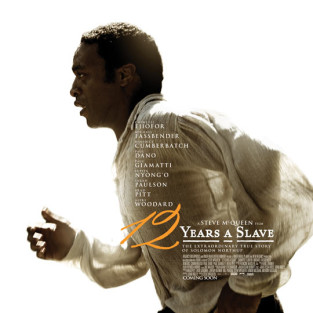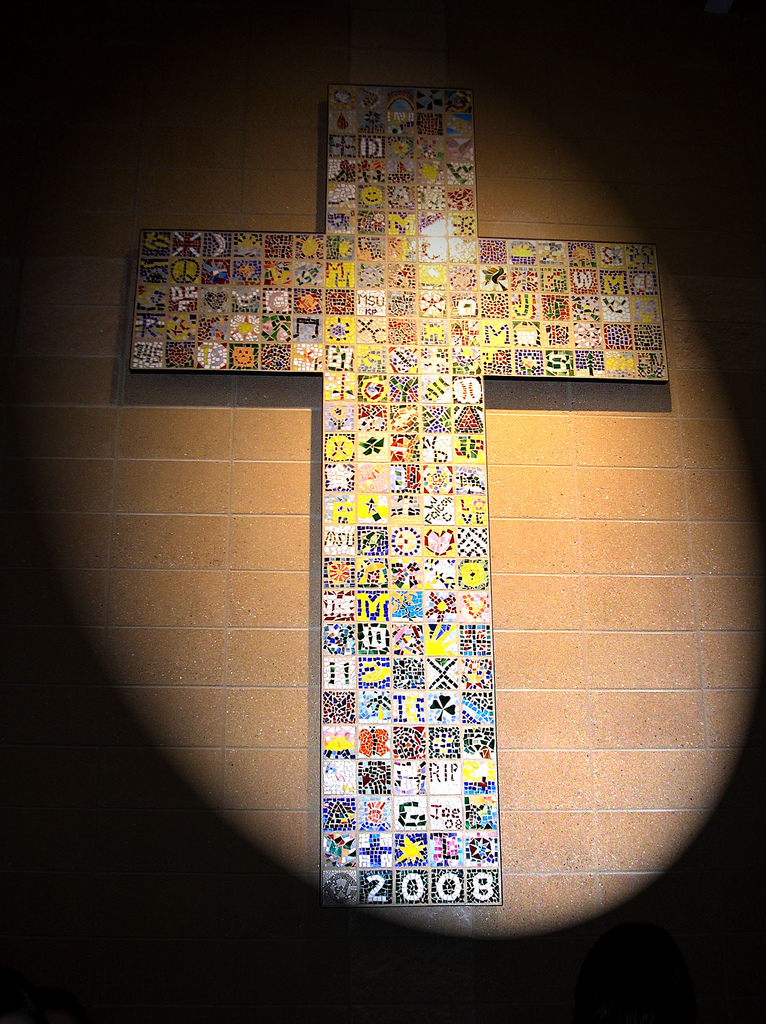Readings: Isaiah 63:16-19, 64:2-7; Psalm 80; 1 Corinthians 1:3-9; Mark 13:33-37
This week’s first reading from the prophet Isaiah recalled one of my best early memories of Church music. Father John Foley’s Redeemer Lord bases its haunting verses on this plaintive cry of the prophet, simultaneously lamenting God’s absence and yet trusting in God’s deliverance. Foley captures this dynamic unusually well by pairing the dramatic verses – I remember the phrase “sunder the heavens” stuck in me with enormous power – with a quite different refrain that with the relentless power of a mantra responds to the lament with the assurance of Psalm 23.
As we enter the Advent season, this song of my youth points us to two things that might fittingly start our Advent journey. One is the moral importance of precisely things like this. I haven’t heard that song in many years, but I had no problem knowing every word, nor could I avoid the chills as I listened to the YouTube video. And so there is a way in which I really can’t imagine the formation of my whole Catholic identity without that song, and the community of my contemporary choir that “gave” it to me. I am certain some would listen to the song and roll their eyes at its obvious gestures toward ‘70’s folk music or musicals. Let me just say in reply: what that song taught me – and many others from that period – was that Christianity was real. It wasn’t segmented off from life. It was telling me what life was really like. So it makes possible my reading today’s Scriptures and recognizing that they are just as real today as they were when they were written. I don’t expect everyone to make this leap – this move from seeing religion as some, perhaps odd, compartment of life to the real story of life – based on this song. But it’s probably the case that everyone needs something to make that leap.
And in Advent, one of the most important aspects of making that leap is realizing how out-of-sync our frenzied holiday preparations are compared to the stark command we get from Jesus in the Gospel: “Watch!” The readings in Advent begin by putting our attention on the second coming of Christ, which some (not wrongly) analogize with a deeper, full coming of Christ being born in us. It is a movement from the hidden face of God to seeing God face to face. It above all requires us to recognize the possibility of God’s “sudden” coming, a coming for which Isaiah wishes:
Would that you might meet us doing right,
that we were mindful of you in our ways!
But neither Isaiah in the first reading nor Jesus in the larger context of Mark’s gospel expects a kind of positive report card for Santa. Instead,
all of us have become like unclean people,
all our good deeds are like polluted rags;
we have all withered like leaves,
and our guilt carries us away like the wind.
Do we see how we have become like that? And yet do we trust, as the prophet did? Do we watch alertly, with the confidence that Christ remains the destiny of our world? Maybe we could think about this Advent as a time to do more of that, more watching and waiting, as the darkness creeps in around us all. Our technology, our politics, our money, they will not save us. God will. God has already, and will again.



